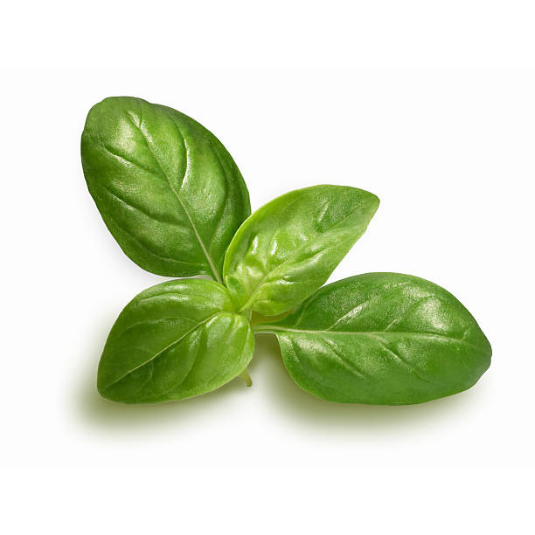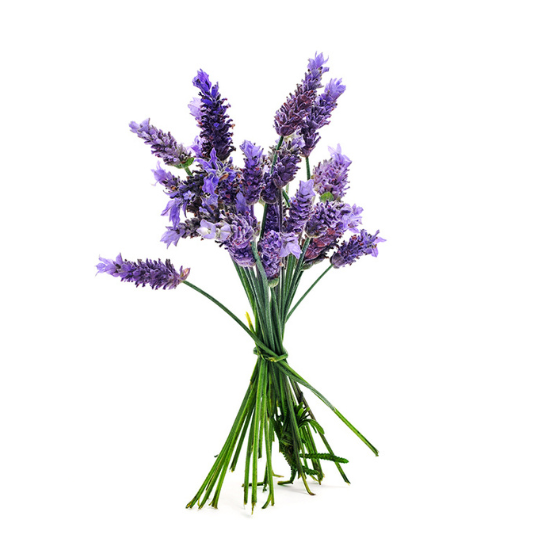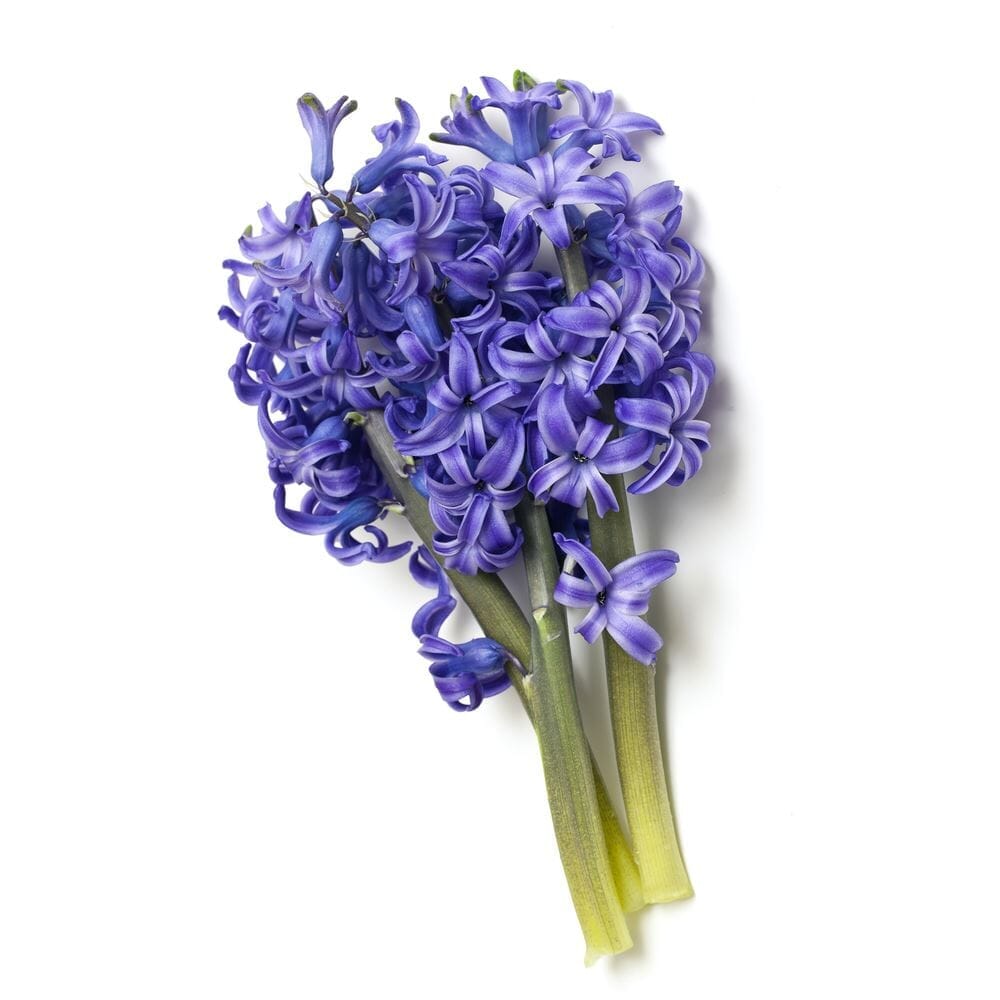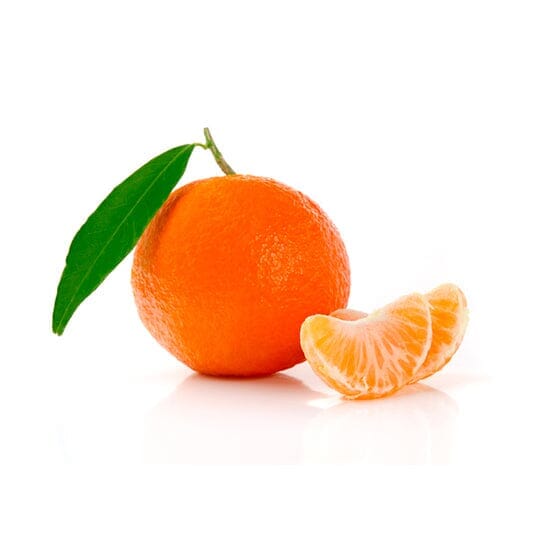What does the word cucumber mean?
The etymology of the word "cucumber" dates back to the Latin " cucumis ," which already referred to this vegetable. The term "cucumber" was borrowed from Latin by Romance languages such as French, Spanish, and Italian, with slight variations in pronunciation. The word "cucumber" evolved from "cucumis" to refer to this crunchy, refreshing vegetable, which is widely cultivated in many cultures around the world.
In the beginning…
The history of the cucumber dates back over 3,000 years. Native to India and Nepal, it was first cultivated high in the Himalayas. From there, it spread to various parts of the world, including ancient Egypt and Greece. The ancient Egyptians were already familiar with and cultivating cucumbers around 4,000 years ago, and it is even mentioned in the Old Testament of the Bible. The Greeks and Romans also praised it for its cooling properties and skin benefits.
In the Middle Ages , the cucumber was introduced to Europe by Charlemagne, who had it cultivated in his gardens. It then spread across the continent. The cucumber was also introduced to the Americas by European settlers in the 16th century and has become a popular vegetable in many culinary cultures around the world.
Today , cucumber is widely cultivated and appreciated for its freshness, sweet and crisp taste, as well as its health benefits. It is used in many dishes and salads, but it has also become a common ingredient in the cosmetics and perfumery industries, due to its skin-soothing properties and refreshing aroma.
The creation of synthetic cucumber molecules
The process of creating synthetic cucumber molecules in perfumery involves a scientific and creative approach. To reproduce the characteristic scent of cucumber, perfumers use organic chemistry techniques. First, they analyze the volatile compounds present in fresh cucumber to identify the key molecules responsible for its scent. Then, they recreate these molecules in the laboratory using specific chemical reactions.
Perfumers can also use extraction methods to isolate cucumber aromatic compounds from natural extracts. However, in many cases, synthetic molecules are preferred because they offer greater stability and consistency in fragrance compositions. Once synthetic molecules are obtained, perfumers skillfully use them to create olfactory accords that faithfully evoke the fresh, green, and crisp scent of cucumber. These molecules are often incorporated into summer compositions to provide a refreshing and pleasant note, evoking the sweetness of summer and moments of coolness.
What do you know about cucumber in perfumery?
The process of processing and transforming cucumber into perfumery begins with the extraction of the aromatic compounds present in the fresh vegetable. Perfumers typically use solvent extraction or distillation techniques to isolate the cucumber's odorous molecules. These molecules can then be purified and concentrated to obtain more concentrated and stable extracts. The resulting molecules are then used in perfume compositions to provide a green, fresh, and crisp note, evoking the characteristic scent of cucumber. These extracts can be combined with other ingredients to create summery and refreshing fragrances, evoking the sweetness of summer.
Cucumber has a characteristic fresh , green , and slightly crisp scent. Its fragrance is sweet, delicate, and reminiscent of the freshness and lightness of green vegetables. The scent of cucumber often evokes a feeling of cleanliness and purity. In perfumery, cucumber is often associated with olfactory accords that enhance its freshness and lightness. Here are some of the commonly used accords with cucumber:
• Marine Notes : Marine or aquatic notes pair well with cucumber to enhance its refreshing aspect and evoke the idea of cool water.
• Floral Notes : Light floral notes, such as jasmine, lily of the valley, or rose, can be combined with cucumber to add a touch of softness and femininity.
• Green notes : Green notes, such as cucumber leaf, basil or petitgrain, reinforce the sensation of vegetal freshness of the cucumber.
• Fruity notes : Light fruity notes, such as green apple or watermelon, can also be combined with cucumber to create summery, gourmet scents.
The legendary cucumber flavors...
• Roses on Ice Eau de Parfum by By Kilian
• Calvin Klein ck One Summer 2017 Eau de Toilette
• En Passant Eau de Parfum by Frédéric Malle
Our high-end perfume collection does not yet include cucumber fragrances. However, we invite you to discover all our fragrances with our discovery set .










